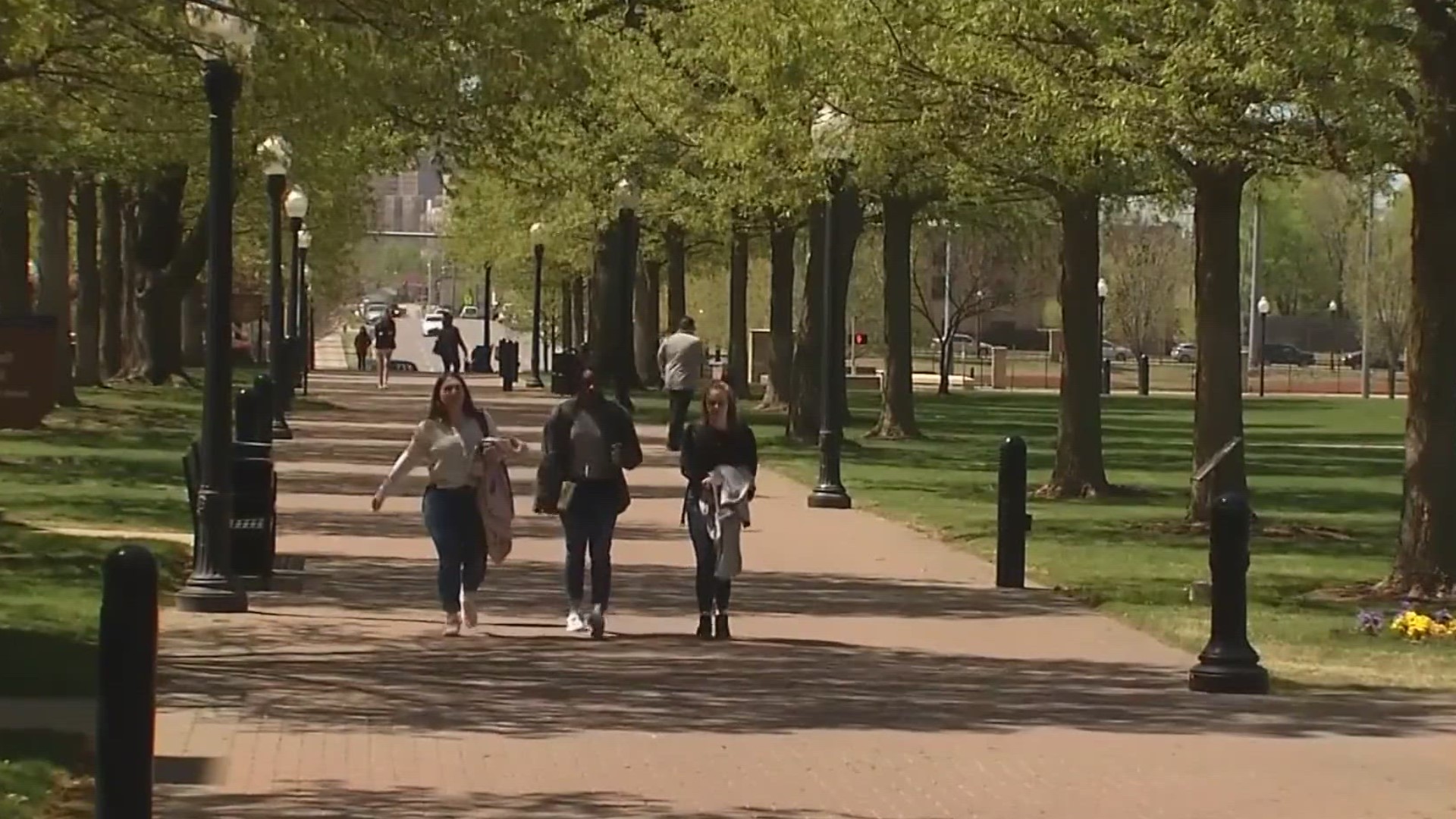COLUMBIA, S.C. — Following the U.S. Supreme Court decision to strike down Affirmative Action policies, South Carolina universities say diversity will remain an important factor in the university's admissions process.
The ruling ends decades of precedent that allowed schools to put the factor of race into consideration to promote a diverse student body.
Recent college graduate and South Carolina NAACP Youth and College Division president Courtney McClain said people's backgrounds matter.
"There are a lot of low-income talented students who may not be given the opportunities, as higher-up socioeconomic white students just because of the color of their skin," said McClain.
She disagrees with the U.S. Supreme Court's decision to ignore it in college admissions.
"Although, you know, we can't say that I am Black, I am Hispanic on my application, my name will say that for me. My income will say that for me. My family will say that for me," said McClain.
University of South Carolina Constitutional Law Center Director Derek Black said universities can still use factors like zip codes, socioeconomic status, and a parent's first language to select diverse student bodies.
"What the court is looking at is not just what your race is, but whether you have a diverse experience, that may overlap with race, that may not overlap with race," said Black.
The ACLU of South Carolina condemned the ruling, saying it's a setback for diversity in higher education.
"We just are ignoring the realities of what it is like to live as a black or a brown person in this country when we suggest that colorblindness is what we need here," said Executive Director Jace Woodrum.
The University of South Carolina President Michael Amiridis released a statement:
"The University of South Carolina remains steadfast in its continuing commitment to compliance with the law and to a campus environment that supports and respects individuals with a variety of life experiences, including first-generation students, active-duty military and veterans, students with disabilities, and those from underrepresented backgrounds.
We will continue to welcome qualified students who contribute to our diverse university learning environment and embrace a student body that reflects the people and communities that make up our state and our nation."
Nine states have banned the use of race in admissions policies at public colleges and universities, including Arizona, California, and Florida.

